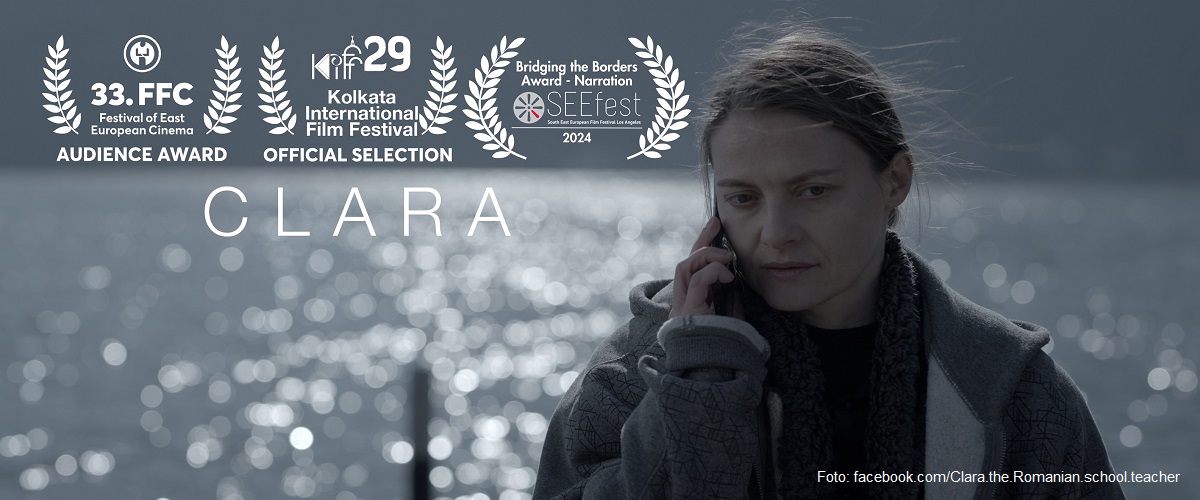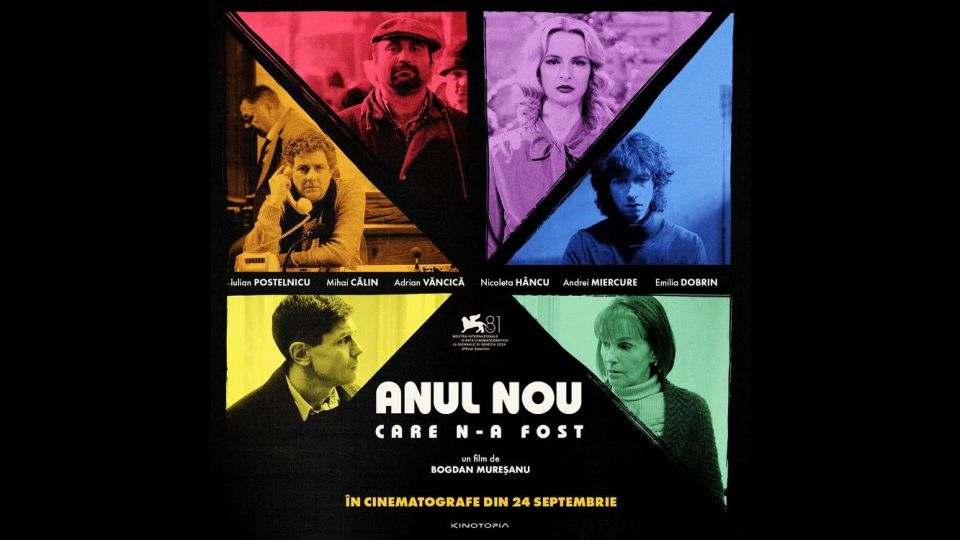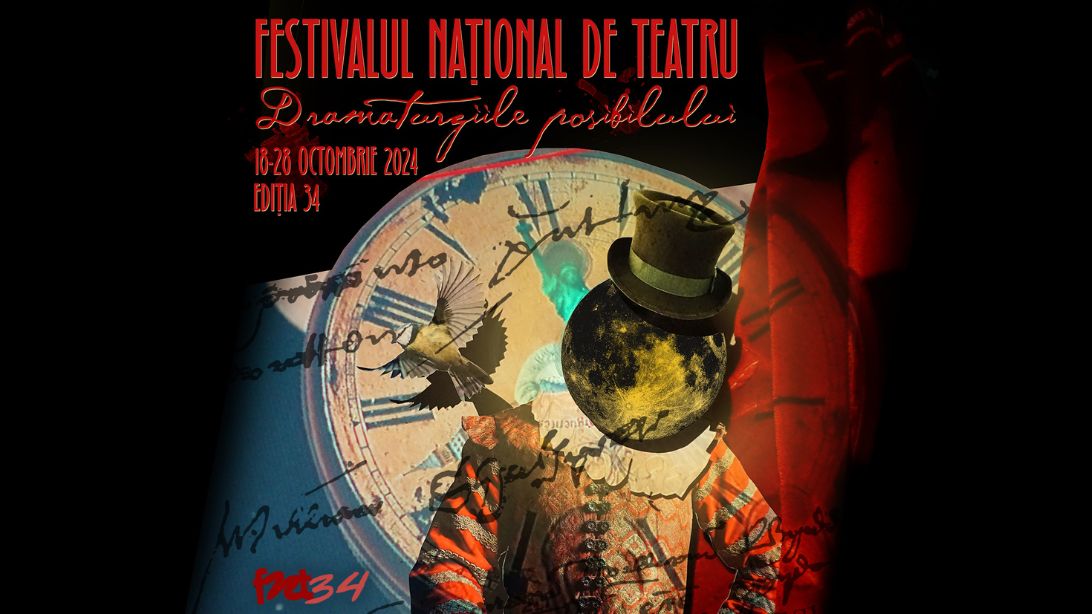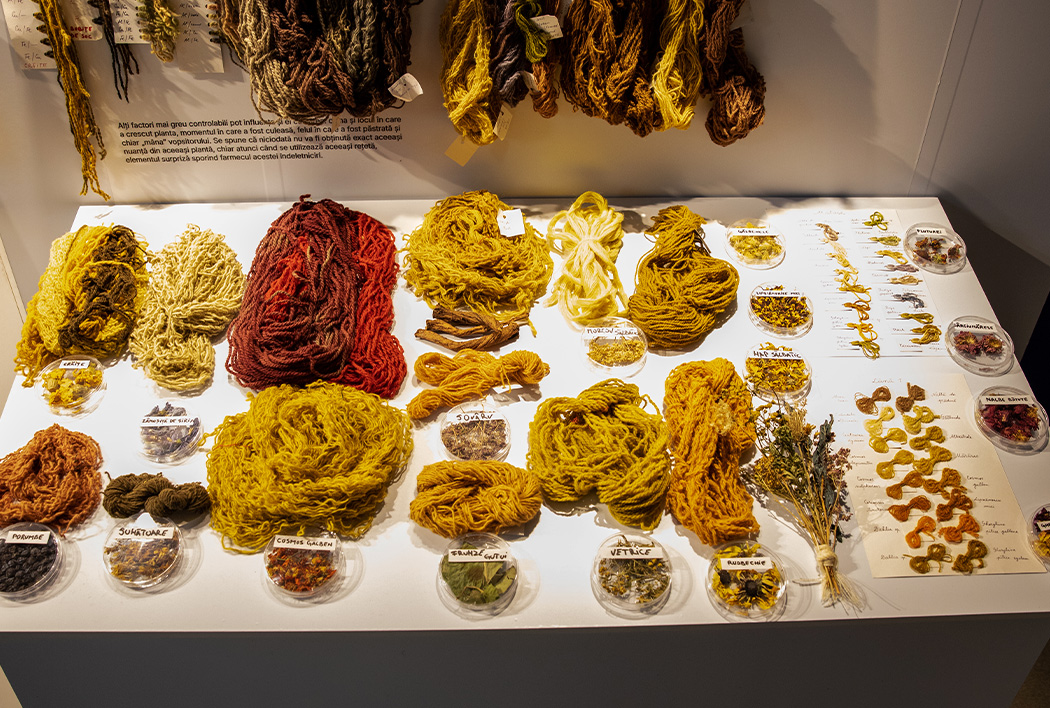The translator Lora Nenkovska, a guest at the FILIT workshops
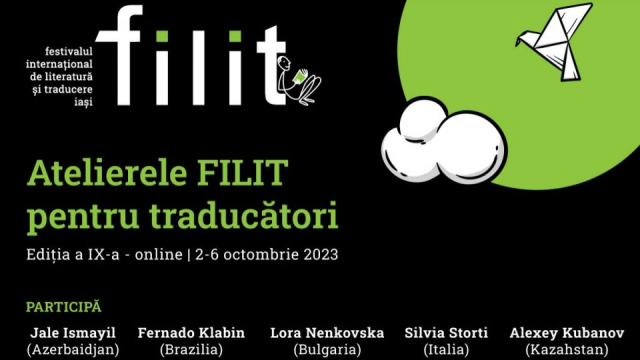
Corina Sabău, 11.11.2023, 14:00
The FILIT – Iasi International Festival of Literature and Translation workshops, organized by the National Museum of Romanian Literature of Iași in collaboration with the Ipotești Memorial – Mihai Eminescu National Studies Center, preceded the Iași International Festival of Literature and Translation – FILIT, reaching the 9th edition this year. Lora Nenkovska from Bulgaria, the guest of today’s World of Culture, is an excellent translator of Romanian literature, a lecturer of Romanian language and literature at the University of Sofia Kliment Ohridski who participated in many editions of the FILIT workshops. We spoke with her about the importance of the FILIT workshops, which aim to support cultural cooperation, heritage promotion and contemporary creation at an international level:
First of all, I would dare say that events like this are vital for us as translators. It is very important to meet and talk about our projects, about the problems we come across. By translating, we learn all our life, it is a process that never ends, as is my career as a university lecturer, we are still a kind of students who do not stop studying all our lives. And that is our choice, to learn, to search, to read. For me, it is very interesting to connect with what my colleagues from abroad are doing, because everyone comes with their own taste in literature, with the translations they are working on, with what they have discovered new, and that’s how we get to have some very interesting discussions. Furthermore, what I really like about these workshops organized by the National Museum of Romanian Literature of Iaşi in collaboration with the Ipotesti Memorial is that we also benefit from some very interesting lectures, such as those given recently by writers and critics such as Bogdan Crețu, Doris Mironescu, Florin Bican, Ioana Both and Radu Vancu. There were lectures that would interest anyone who reads or studies Romanian literature. Most of these conferences were rather theoretical and were aimed at giving us a deeper understanding of Romanian literature. Bogdan Crețu talked to us about the scholar Dimitrie Cantemir and for me it was a very interesting lecture, especially since I really like his book dedicated to Cantemir, ‘The Unicorn at the Gates of the Orient’. As I have said, it is vital for me to connect with what my colleagues are doing, to their translation concerns. It is very important to exchange opinions, to talk about the books we are translating, about what we have discovered in Romanian literature. We are like a small international society that speaks Romanian and discusses Romanian literature.
Lora Nenkovska has translated into Bulgarian works by Matei Vișniec, Petru Cimpoeşu, Mircea Eliade, Dan Lungu, Claudiu Komartin, Elena Vlădăreanu, Simona Popescu, Ioan Es. Pop, Max BlecherandAndreea Răsuceanu. In recent years, she has also translated excerpts from the novels of the writers nominated for the Sofia Nădejde women’s award for literature. We spoke to Lora Nenkovska about her passion for Romanian literature and its good reception in Bulgaria:
I came across Romanian literature quite by chance. In 2003 I arrived in Romania on a scholarship. I was studying Balkan languages at the time, Greek, Neo-Greek, Albanian, Serbo-Croatian and Romanian. At that time, it was almost impossible to leave Bulgaria to study a language abroad, but an opportunity arose and I got to go to Timișoara, where I spent a month, studying under the writer Adriana Babeți, which was a wonderful experience. I would spend most of that time at university, but I was also lucky to catch a theatre festival for students so I ended up going to lots of performances. It’s at that festival that I first came across the plays of Matei Vișnic and I remember thinking that if this country can produce such a great playwright, then I must find out more about its literature. So I bought lots of books, I must have come back with an entire library. That’s how I began to read Romanian literature, which I think is very alive and diverse, and which I am constantly discovering. I also like it that it pays great attention to social problems. As a translator, I am also very interested in this aspect, namely the subject of a book, and I don’t look at a text only from a stylistic point of view. I’m also very interested in literature written by women.
The most recent book translated by Lora Nenkovska into Bulgarian is Andreea Răsuceanu’s novel Vântul, duhul, suflarea [The Wind, the Spirit, the Breath], published by Polirom in Romania and by ICU Publishing in Bulgaria. The translator is also working on an academic paper about traumas in Romanian contemporary literature written by women.

